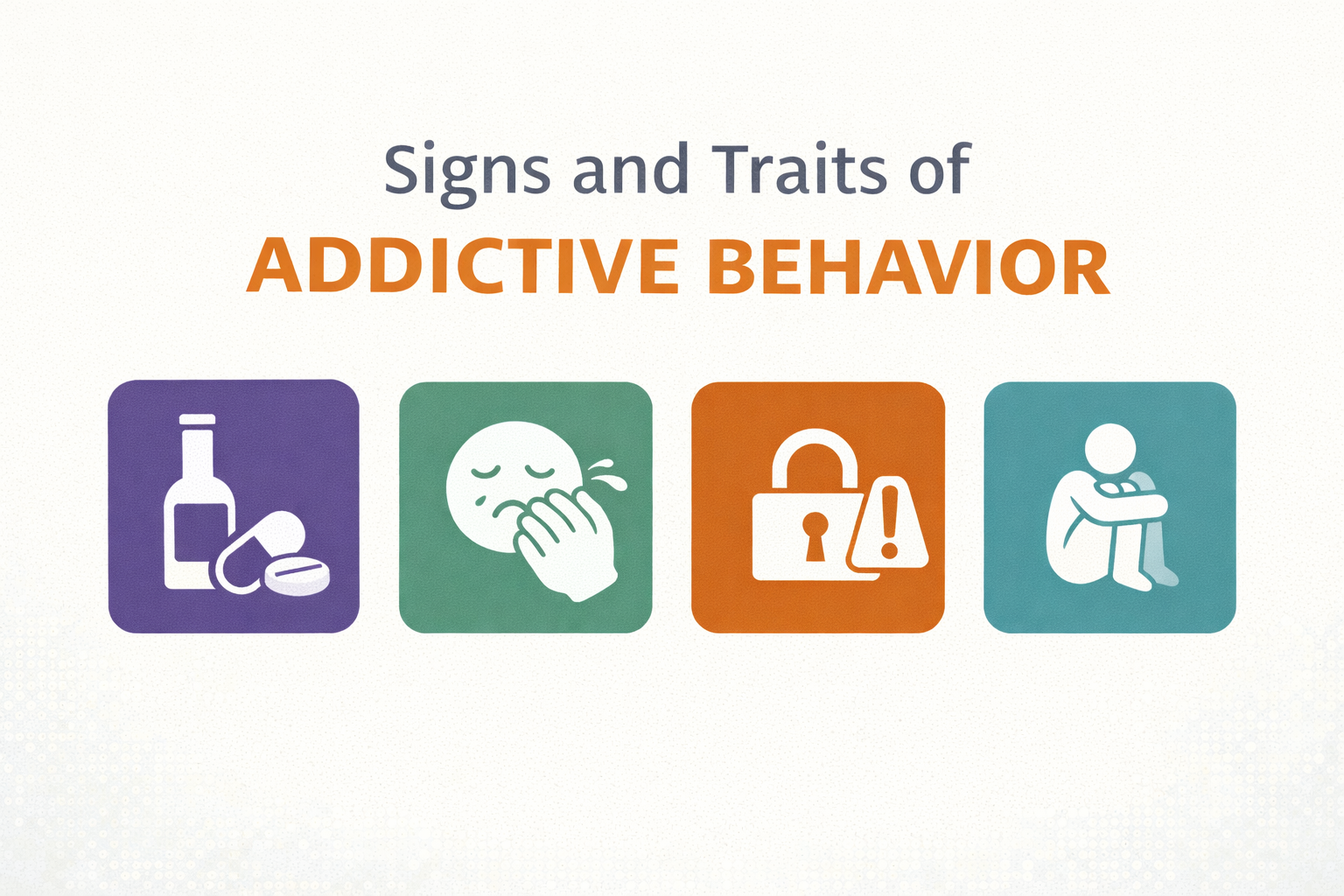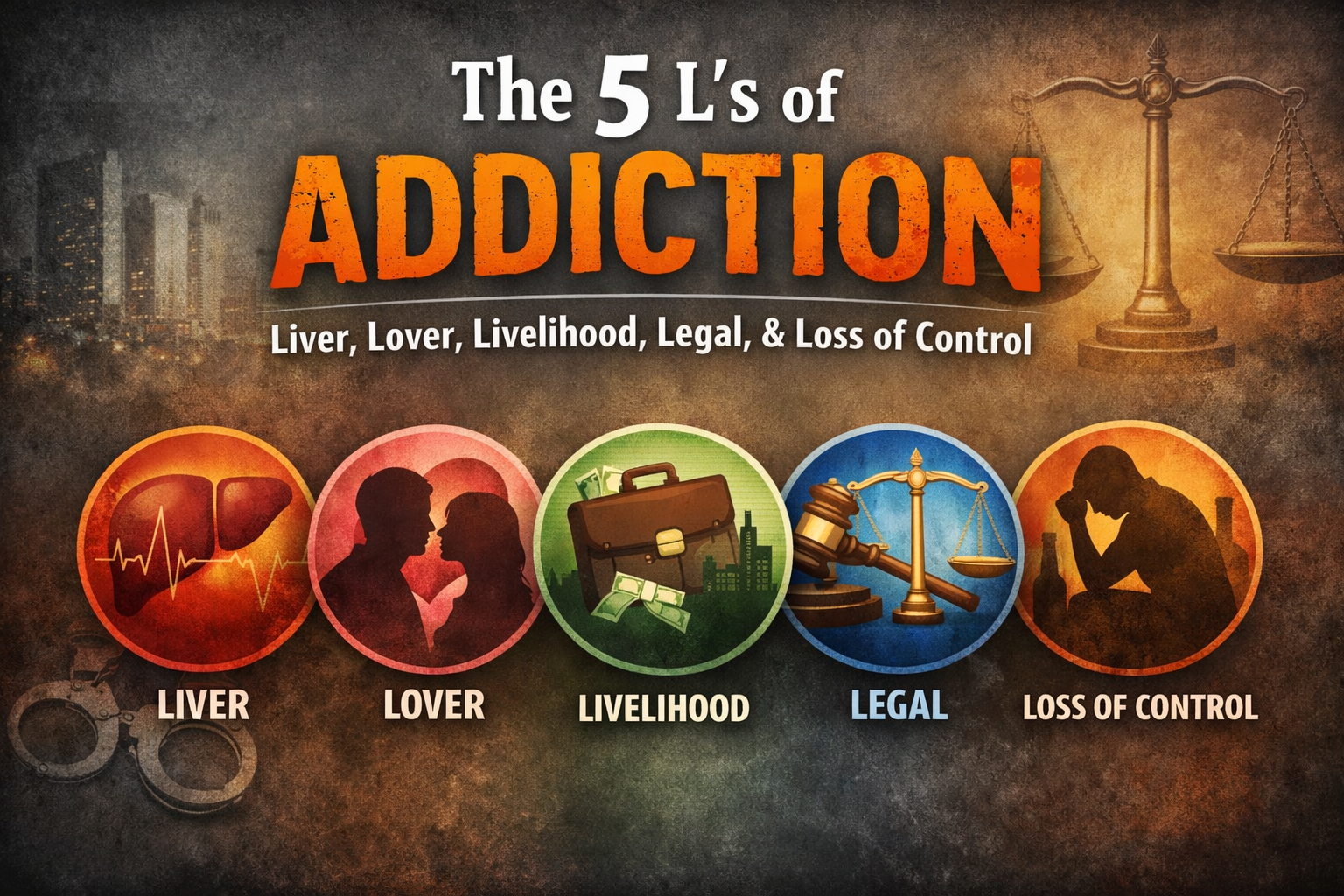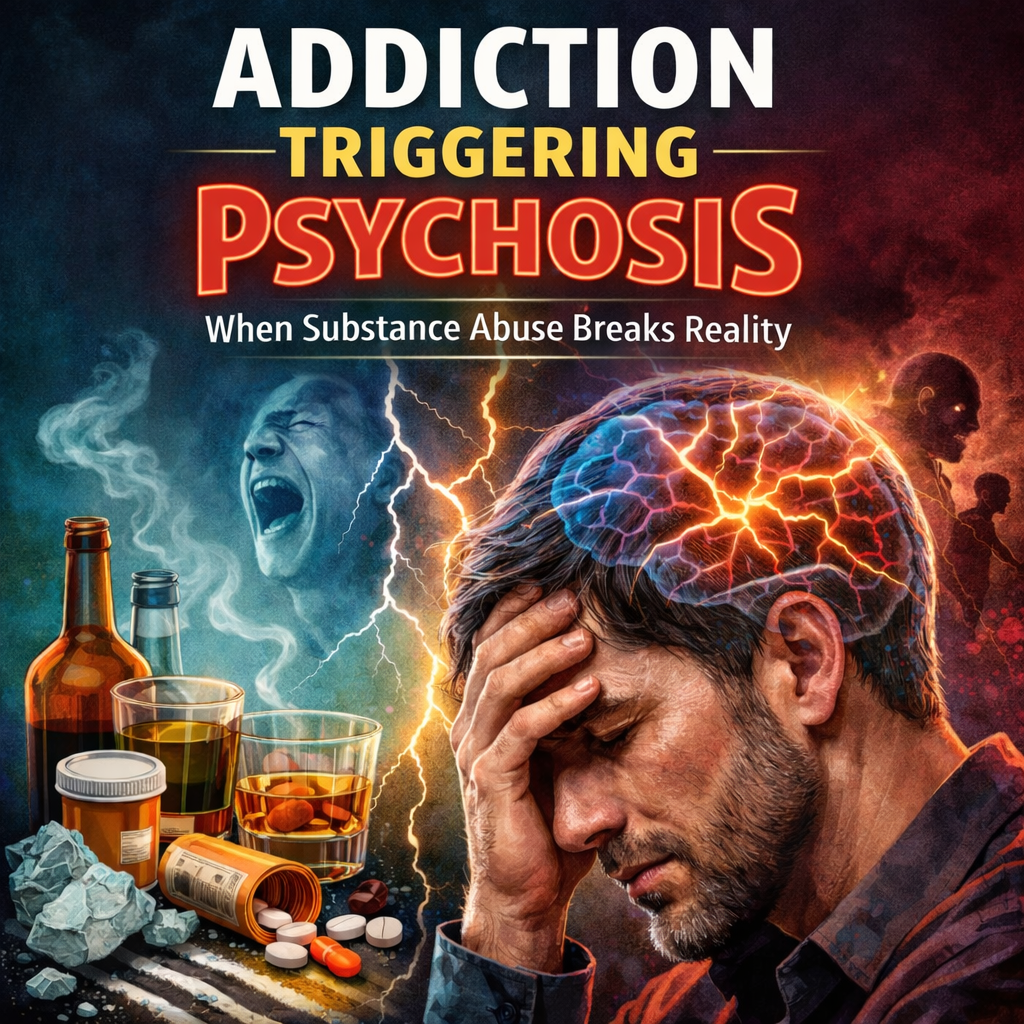The Surprising Benefits of Sobriety
The benefits of sobriety reach far beyond simply stopping substance use—they often mark a profound transformation in physical health, mental clarity, emotional stability, and overall quality of life. While many people initially approach sobriety with a sense of loss or limitation, those who experience it frequently discover unexpected gains such as sharper focus, improved memory, … Read more









